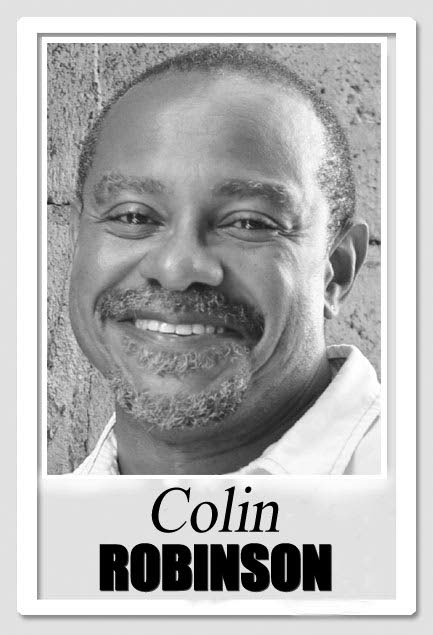Justice in small spaces

Human Rights Day on Monday was hard.
It started brilliantly. At the rear of a UWI conference room witnessing one person after another take the podium and ownership of outputs of a project that was an ambitious idea in our heads not that long ago. Teachers getting tools to intervene in bullying. Helping parents to come to terms with lesbian children. A union championing discrimination protections for people with health conditions. Young men campaigning against gender-based violence to other men. Enabling people to document their vulnerable lives so policy can account with them. Opinion-makers able to find all these things in one place online.
Building a (sexual) culture of justice together.
With evening, the searing rage returned.
I’d overlooked the morning’s lessons by colleagues: living homophobia is trauma. One exchange at a forum with the Attorney General (the state’s principal guarantor of human rights) and his staff—and I landed right back where I was writing here in June about how triggered I get when public decision-makers do and say needlessly spiteful things. The sitting Government won’t include same-sex relationships in domestic violence law protections until an apex court tells them anal sex is legal, he argued. To a room full of lawyers, like it made sense to anyone but a fool.
Perhaps Faris triggered me because I was still nursing traumatic memory of Beverly, and seething over Terrence. Thursday marked two years that I raised my voice against bad HIV policy at an event I was invited to, so an OPM functionary instructed security guards to put their hands on my body and throw it into the street. I responded playfully, telling media the Office of the Prime Minister couldn’t take chook. But I still haven’t taken account of how deeply that experience has seared itself into my sense of citizenship, how I will carry it into every voting booth.
Watching public officials sloganeering on World AIDS Day weekend before last, that knowing one’s status will end the epidemic, sparked an anger in me. That we’ll never end HIV under the leadership of a health minister who dragged his feet on making treatment available on demand, and still withholds it as prophylaxis from people like me because, he declared at the UN, we aren’t morally responsible.
By Wednesday, Wesley Gibbings had given words to my fury, reminding why “in small spaces” neglect for human rights hurts so much and expressing, in perhaps a more legible way what I repeat here over and over and over, the irony that for us as “Caribbean people who, for the most part, embarked on a future…on the basis of legislated freedoms, there exists an instinctual aversion to the notion that freedom is superior to prohibition.”
“Justice is framed as a form of revenge,” he wrote, meaning we see people seeking justice as out of place. I recall that so clearly in the weeks following April’s sodomy judgement.
As spiteful.
But maybe it’s because we are. We are so furious at the callousness—and flair—of those in political power who make our lives unsafe or unjust—out of pure bad mind—that using the courts is in some ways an act of rage.
I certainly have taken revenge into polling stations. The last two elections, I’ve taken time to vote. And spoilt my ballot. I’m thinking to go further in 2020. To vote UNC, not because I have the slightest desire to see them in office, but simply as retribution against a government that so dehumanises me. And wrath at the accumulation of stories of ministerial hubris. Hinds. Le Hunte. Now Moses.
Like others, I look to judges to lead on justice even more eagerly because politicians don’t have the heart—or balls—to provide it fairly. Judges certainly aren’t afraid of leadership. Look at Ivor Archie. It’s rarer, though, for judges to lead on visionary governance. Commentators like Martin Daly think they shouldn’t.
Caribbean Court of Justice president Adrian Saunders isn’t afraid to. Speaking to the UNC’s complaint the court had no Indian representation, he assured there will with time, answering Fazeer Mohammed’s “In the same way you picking a West Indies team…you want to have the best 11 players. And if the best jurists happen to be all Portuguese, so be it,” with “No.”
Courts’ composition has to reflect those they judge. Saunders made the point another way in Jamaica this week, arguing the CCJ’s advantage: “The judge should have knowledge of and be immersed in the culture that gave rise to the dispute. The judge must, so to speak, be on the same page with the people and the issues being judged.”
One of my earliest columns made this case for MPs, advocating constituency residence requirements. If small people continue to be dehumanised by ministerial blue lights, protocol and bad mind, at least give us judges who live under the judgements they craft.


Comments
"Justice in small spaces"